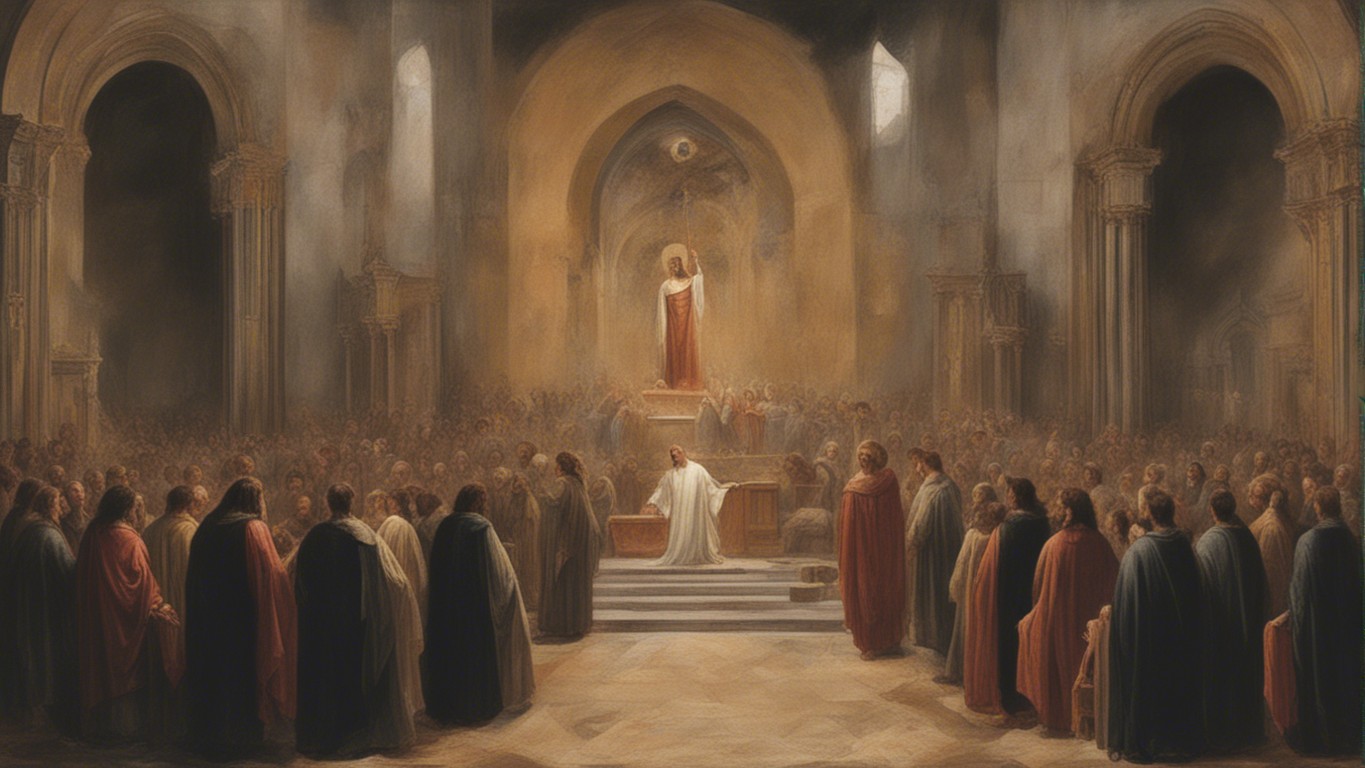The Rise of Aaron LeBaron
Aaron LeBaron was born into the LeBaron family, already known for its religious eccentricities and its offshoot of mainstream Mormonism. The family moved to Mexico and founded the Church of the First Born in the 1950s, led by Aaron’s father, Ervil LeBaron. Aaron rose to prominence within the sect after his father’s imprisonment and subsequent death, rebranding the organization as the Church of the First Born of the Lamb of God.
“Aaron LeBaron had religious extremism in his family DNA. His father, Ervil, paved the way for the violent cult, but it was Aaron who took it to its fatal extremes,” noted cult expert Rick Ross in a discussion with NPR.
The Beliefs and Operations
The Church of the First Born Lamb of God espoused apocalyptic ideologies, polygamy, and a deeply rooted belief in the divine right to exercise control over its members. The sect operated mostly in Mexico, isolated from outside influence, and created a tightly knit, self-sustaining community with its own rules and forms of governance.
“Much like other doomsday cults, this sect combined elements of mainstream religious teachings with violent and extreme beliefs,” said sociologist Rebecca Moore in an interview with CNN.
Violent Escalations
Aaron LeBaron continued the legacy of violence and manipulation that was prevalent under his father’s leadership. He instigated a reign of terror that involved the killing of dissenting members and anyone perceived to be a threat to the organization. One of the most infamous acts was the murder of three former members and an 8-year-old child in 1988, which led to a multi-country investigation.
“These weren’t just religious differences; this was a calculated, horrific act of violence,” stated special agent Timothy Fuhrman during a press conference after the arrests related to the 1988 killings.
Legal Consequences and Fall of the Sect
Aaron LeBaron was eventually captured and tried in the United States. In 1997, he was convicted on multiple counts, including involvement in the 1988 killings. He was sentenced to 45 years in prison, effectively dismantling the power structure of the sect. Many members either defected or faced legal consequences, leading to a decline in the sect’s activities and influence.
“LeBaron’s arrest didn’t just end his reign; it broke the spine of the cult. However, the scars left on the victims and their families remain,” mentioned Margaret Singer, a clinical psychologist and cult expert, in a televised interview.
The Aftermath and Legacy
While the Church of the First Born Lamb of God has largely disintegrated, the impact of its dark history lingers. The tale serves as a grim testament to how religious extremism can escalate into horrifying acts of violence and manipulation. Investigations and documentaries continue to dissect the complexities of this sect, aiming to understand how such a twisted interpretation of religious teachings could lead to catastrophic consequences.
“The story of Aaron LeBaron and his sect is not just about religious extremism; it’s a dark study in human psychology, power, and the lengths to which people will go when manipulated by charismatic leaders,” concluded religious studies scholar James R. Lewis.
